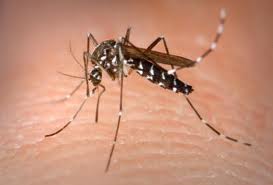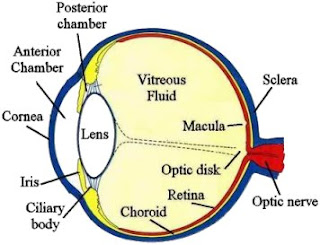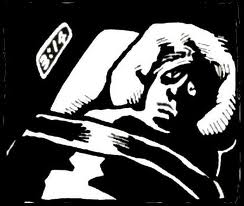What is Cholesterol?
Cholesterol is a waxy steroid of fat that is manufactured in the liver or intestines. It is used to produce hormones and cell membranes and is transported in the blood plasma of all mammals. It is an essential structural component of mammalian cell membranes. It is required to establish proper membrane permeability and fluidity. In addition cholesterol is an important component for the manufacture of bile acids, steroid hormones, and Vitamin D. Cholesterol is the principal sterol synthesized by animals.
A lipoprotein is a biochemical assembly that contains both proteins and lipids water-bound to the proteins. Many enzymes, transporters, structural proteins, antigens, adhesins and toxins are lipoproteins. There are several types of lipoproteins within blood called, in order of increasing density, chylomicrons, very-low-density lipoprotein (VLDL), intermediate-density lipoprotein (IDL), low-density lipoprotein (LDL), and high-density lipoprotein (HDL). The more cholesterol and less protein a lipoprotein has the less dense it is.
Higher concentrations of LDL and lower concentrations of functional HDL—are strongly associated with cardiovascular disease because these promote atheroma development in arteries (atherosclerosis). This disease process leads to myocardial infarction (heart attack), stroke, and peripheral vascular disease.
Products as per Optimal Health Pyramid for - Cholesterol

Cholesterol is a waxy steroid of fat that is manufactured in the liver or intestines. It is used to produce hormones and cell membranes and is transported in the blood plasma of all mammals. It is an essential structural component of mammalian cell membranes. It is required to establish proper membrane permeability and fluidity. In addition cholesterol is an important component for the manufacture of bile acids, steroid hormones, and Vitamin D. Cholesterol is the principal sterol synthesized by animals.
A lipoprotein is a biochemical assembly that contains both proteins and lipids water-bound to the proteins. Many enzymes, transporters, structural proteins, antigens, adhesins and toxins are lipoproteins. There are several types of lipoproteins within blood called, in order of increasing density, chylomicrons, very-low-density lipoprotein (VLDL), intermediate-density lipoprotein (IDL), low-density lipoprotein (LDL), and high-density lipoprotein (HDL). The more cholesterol and less protein a lipoprotein has the less dense it is.
Higher concentrations of LDL and lower concentrations of functional HDL—are strongly associated with cardiovascular disease because these promote atheroma development in arteries (atherosclerosis). This disease process leads to myocardial infarction (heart attack), stroke, and peripheral vascular disease.
Products as per Optimal Health Pyramid for - Cholesterol
Aloe Vera Gel
The miraculous aloe leaf
has benefitted mankind for thousands of years.
|
|






































